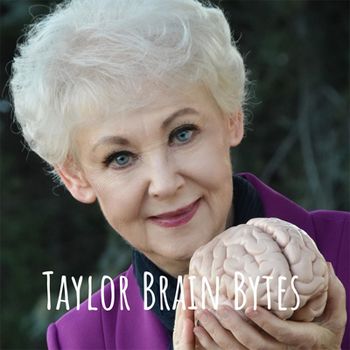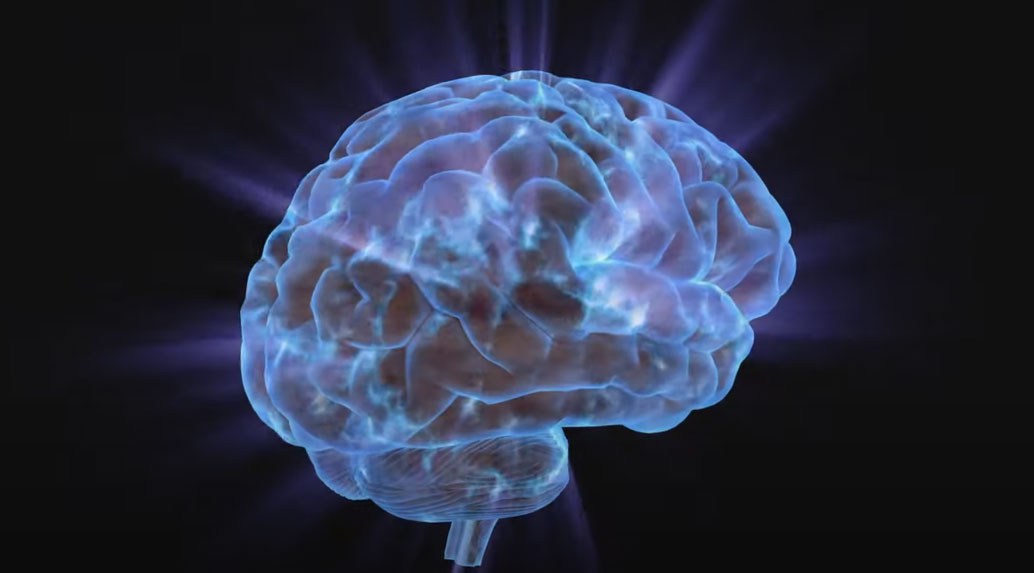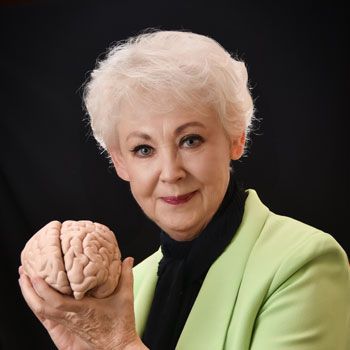Spirituality—and Your Brain

©Arlene R. Taylor PhD
www.ArleneTaylor.org
Our heart speaks for our soul every moment while we are alive. Listen… as the whispering beat repeats: be…gin, be…gin, be…gin. It’s really that simple. Just begin… again.
—Royce Addington
 What an exciting time to be alive in this, the Age of the Brain. Not so exciting are global pandemics such as dementia and Alzheimer’s, diabetes, anxiety and depression, and obesity—itself alone linked with more than 50 diseases. Obviously, the way people on planet Earth are living today is not working well!
What an exciting time to be alive in this, the Age of the Brain. Not so exciting are global pandemics such as dementia and Alzheimer’s, diabetes, anxiety and depression, and obesity—itself alone linked with more than 50 diseases. Obviously, the way people on planet Earth are living today is not working well!
Longevity Lifestyle Matters is a brain-based lifestyle improvement program designed to help people prevent what can be prevented and to deal more effectively with what cannot or was not prevented. The program includes 14 components that research has shown can help people stay healthier and younger for longer, one of which is Life Satisfaction. According to David Schnaiter, the “Satisfaction” component is one of the most decisive factors for healthy aging and longevity.
Personal spirituality has been shown to influence Life Satisfaction. Someone has said that theology is what you perceive in your mind, religion is what you do with your hands, and spirituality is what you perceive in your heart.
Some researchers have concluded that whatever else human beings are, they are relational, sexual, and spiritual. Your spirituality, what you perceive in your heart, impacts every aspect of your life, both personal and professional.
Newberg and Waldman, in Why We Believe What We Believe, point out that the human mind may be naturally calibrated to embrace spiritual perceptions. In the past, many considered spirituality and religion to be synonymous, but they really are differing concepts. Religion involves a choice to affiliate with specific theologies (rules, rituals, rites, or dogma) that have been endorsed by an organization and with a group of people who hold similar beliefs and opinions to yours.
Spirituality, on the other hand, encompasses the spirit in which you live life; your ethical and moral choices; helping yourself find purpose, meaning, and satisfaction in life; a sense of awe for something greater than yourself; and a vision to achieve the highest possible levels of healthiness and longevity.
Growing up, some individuals have had unfortunate experiences with rigid religiosity. Equally unfortunate, perhaps, many threw out the proverbial baby (in this case, spirituality) with the religious bathwater—assuming that spirituality and religion were synonymous. They are not, although many clerics probably wish they were.
Individuals can be very spiritual and never attend religious services. Conversely, many people consider themselves very religious but do not exhibit a healthy spirituality in the way in they live life.
Just as you have a level of mental and physical and emotional fitness, you have a level of spiritual fitness which impacts everything you do and all your relationships, including the one with yourself.
A strong spirituality is being linked with a variety of health benefits, including lower depression rates and enhanced relationships. Your level of spirituality may also impact the way you care for your brain and body. If you believe they have been leased to you for use on this planet, you may be more likely to care for them as carefully, consistently, and thoughtfully as you would a leased high-end vehicle.
How does your level of spirituality impact your brain?
- Myrna Weissman and colleagues asked 103 individuals between the ages of 18 and 24 to rate the importance of spirituality (and/or religion) in their lives. MRI brain scans showed a measurably thicker cerebral cortex in those who placed an emphasis on spirituality/religion and were less prone to depression.
- A ten-year study of 114 individuals found that participants who indicated spirituality/religion as highly important in their lives had only about a 25 percent of the chance of being diagnosed with a major depressive disorder during the study period, as compared with those who categorized spirituality as not highly important.
- A 2014 study by Kaliman found that the stress response tended to be dampened in participants who placed a high degree of emphasis on spirituality.
Neuroscientist Dr. Daniel Amen says:
If your spiritual life is not developed, it can have a negative impact on the spiritual functioning of the brain. For example, if you engage repeatedly in pornography, it has a negative effect on how your brain functions. If you repeatedly give in to making unwise choices, it makes you more likely to give in to it in the future.
According to Neurotheologian Dr. Andrew Newberg,
“If you contemplate something as complex and mysterious as God (or a Higher Power as you perceive it), you're going to have incredible bursts of neural activity firing in different parts of your brain; your brain is going to grow."
Although spirituality and affiliation with religion are two separate concepts, Dr. Herbert Benson found that twenty-two of twenty-seven studies he reviewed, reported improved health in those who attended religious services.
“In Mind over Medicine, Dr. Lissa Rankin points out that those who attend religious services tend to live seven and a half years longer (almost twice that for African-Americans), compared with those who never or rarely do. Those who are part of a spiritual community have also been shown to have lower blood pressure and a reduced risk of cardiovascular disease, lower rates of substance abuse and of suicide, and stronger immune systems.
How is your level of spirituality? Hone your spirituality in whatever way works for you and your brain. It matters.
Do you need to “up your game” a bit?
If so, listen to your heart whisper: Just begin….




